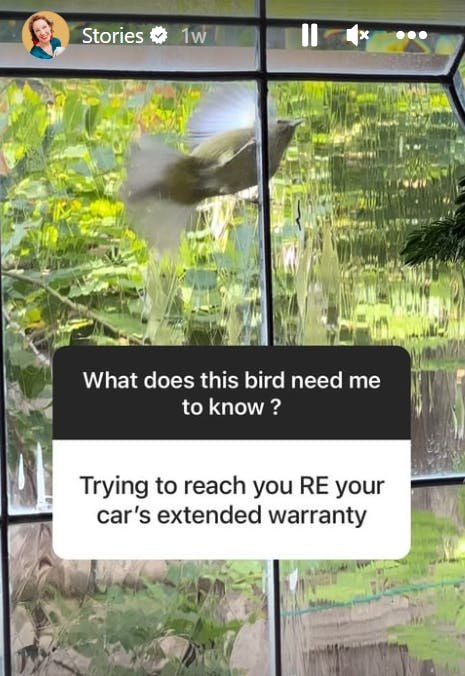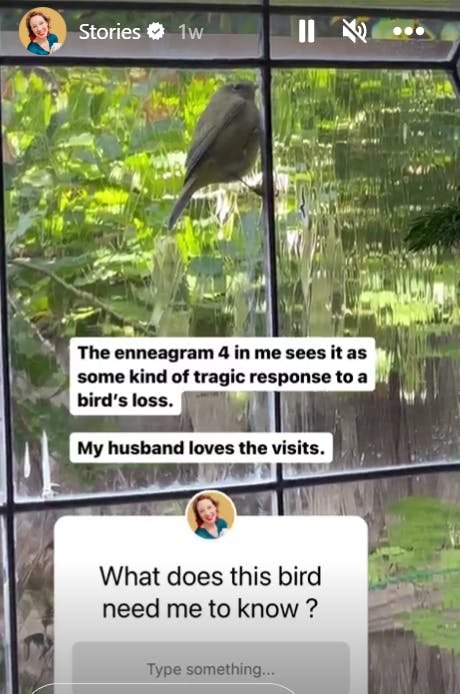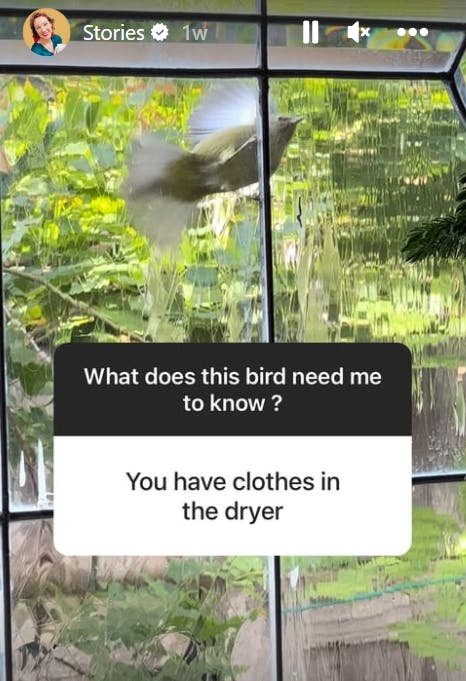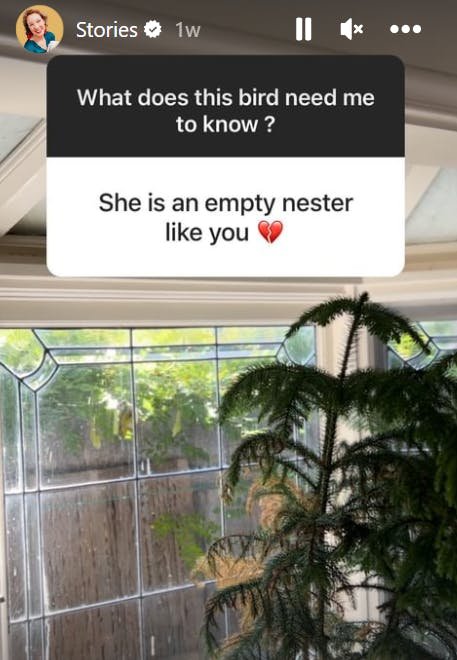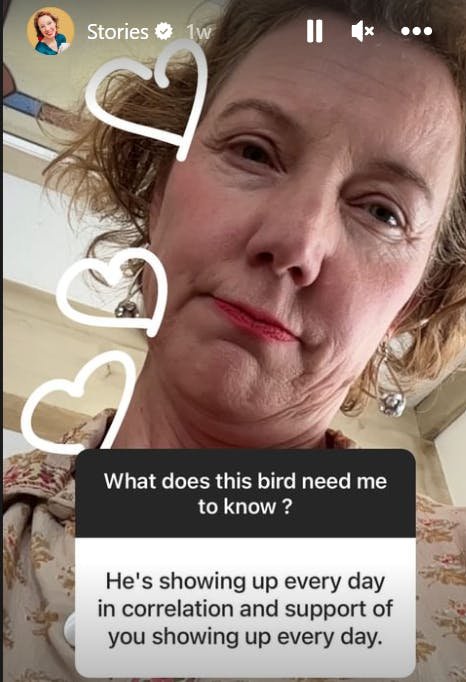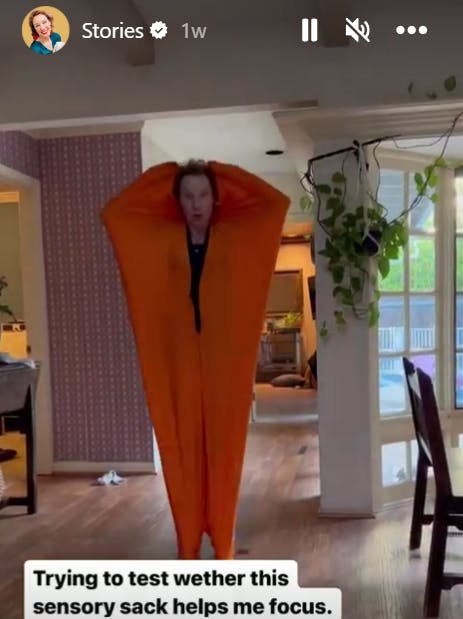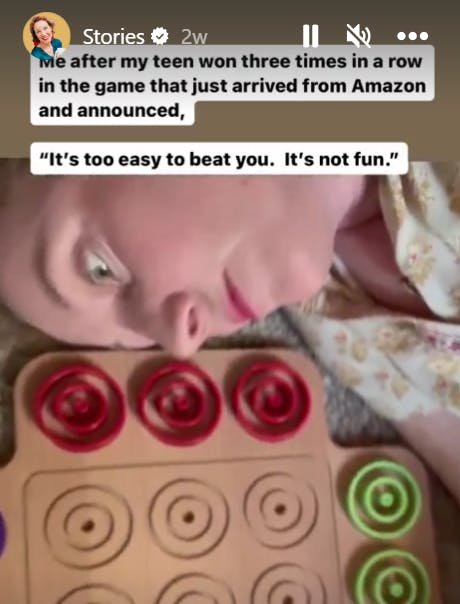Why Shame Storms Happen
I wonder if this story will seem familiar to you.
“Dad, you’re making a face like you’re so disappointed in me right now.”
My client’s husband was perplexed. Had he made a face? Was he feeling upset?
His nine-year-old Spicy One™ quickly spiraled into a full blown meltdown.
“You’re mad at me! You don’t love me!”
He had simply asked her to toss something in the recycling bin and when she came back still holding it, he had tilted his head to the side with what he thought was a puzzled expression.
As his daughter descended into an outsized shame storm, he couldn’t shake his bewilderment.
How had this small interaction so quickly turned into an indictment of his love?
Sometimes our Spicy Ones surprise us by picking up on very subtle shifts in tone or facial expressions and interpreting them swiftly as intense rejection.
It’s like an “emotional sunburn” we couldn’t have prepared for.
May I introduce you to rejection sensitivity – a strong reaction to seemingly small emotional stimuli.
You may be familiar with Rejection Sensitivity Dysphoria, something commonly reported among people with ADHD. While RSD may be a different level or extreme, being highly attuned to perceived slights can occur even outside that population.
Like it’s cousin, sensory sensitivity, rejection sensitivity can be difficult to understand by someone who doesn’t experience it. When you’re the one triggering it, albeit accidentally, it can be easy to feel defensive.
I encourage you to notice that defensiveness and practice engaging your befuddled curiosity instead.
I like to think the flip side of rejection sensitivity is a deep desire to be delighted in, and for those who love us to be crazy about us — all of us, even the complicated bits. (Please love the parts of me that I can’t stand!)
That desire is beautiful, but sometimes it can develop into people pleasing and finding our value and acceptance in helping others or — shrinking ourselves to keeping the peace.
BTW, regardless of whether you are a parent, if you struggle with people-pleasing — knowing what you want and asking for it from other adults — my upcoming class is for you.
Save the date for my How to Say No Without Feeling Guilty class! Take intentional time out with me at 9 a.m. on Saturday, November 11th to clarify your own needs and learn to kindly express them to other adults in your life.
This live class includes a workbook and scripts to help you develop the muscle needed to protect your relationships while also prioritizing your own needs! Early bird registration opens Wednesday.
If rejection sensitivity is part of your dynamic with your child, I encourage you to be curious, allow any defensiveness to rise and fall, and seek to understand and empathize with their experience first and foremost.
Empathy is always the pathway to connection.
I’ll leave you with this blessing my client wrote for her rejection-sensitive daughter:
“I love you when I’m happy
I love you when I’m sad
I love you when I’m goofy
I love you when I’m mad
I love you all the time.”
May we learn to intentionally delight in our loved ones — even (or especially) when we are puzzled by them.
P.S. There’s surely plenty of deep suffering to grieve in the world right now. If you missed the Dance Your Feelibgs Pop-Up, you can still access some of the music.
Click here to download my Permission to Be Sad playlist — and practice allowing your whole body to grieve.
Last Week on Instagram...
A messenger bird — and two purchases I regret:



